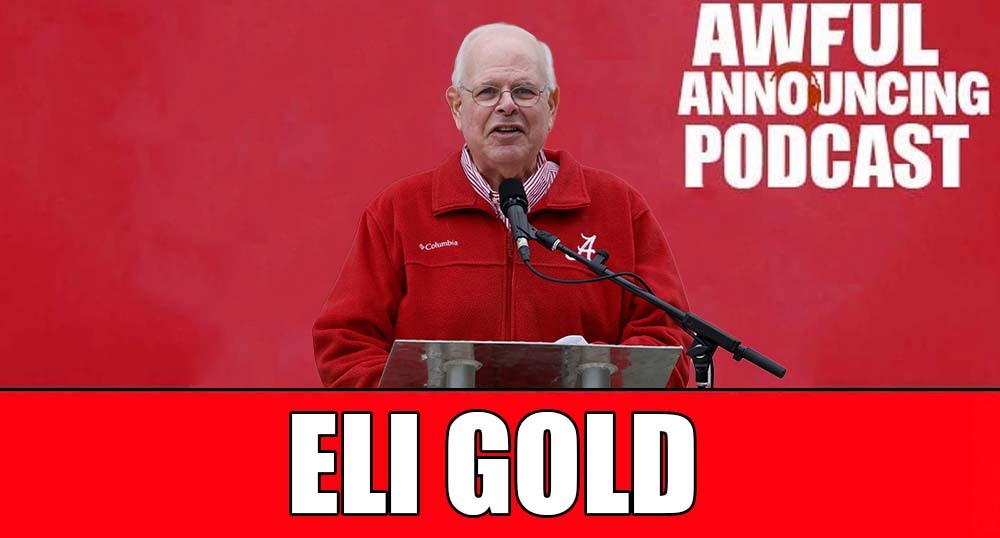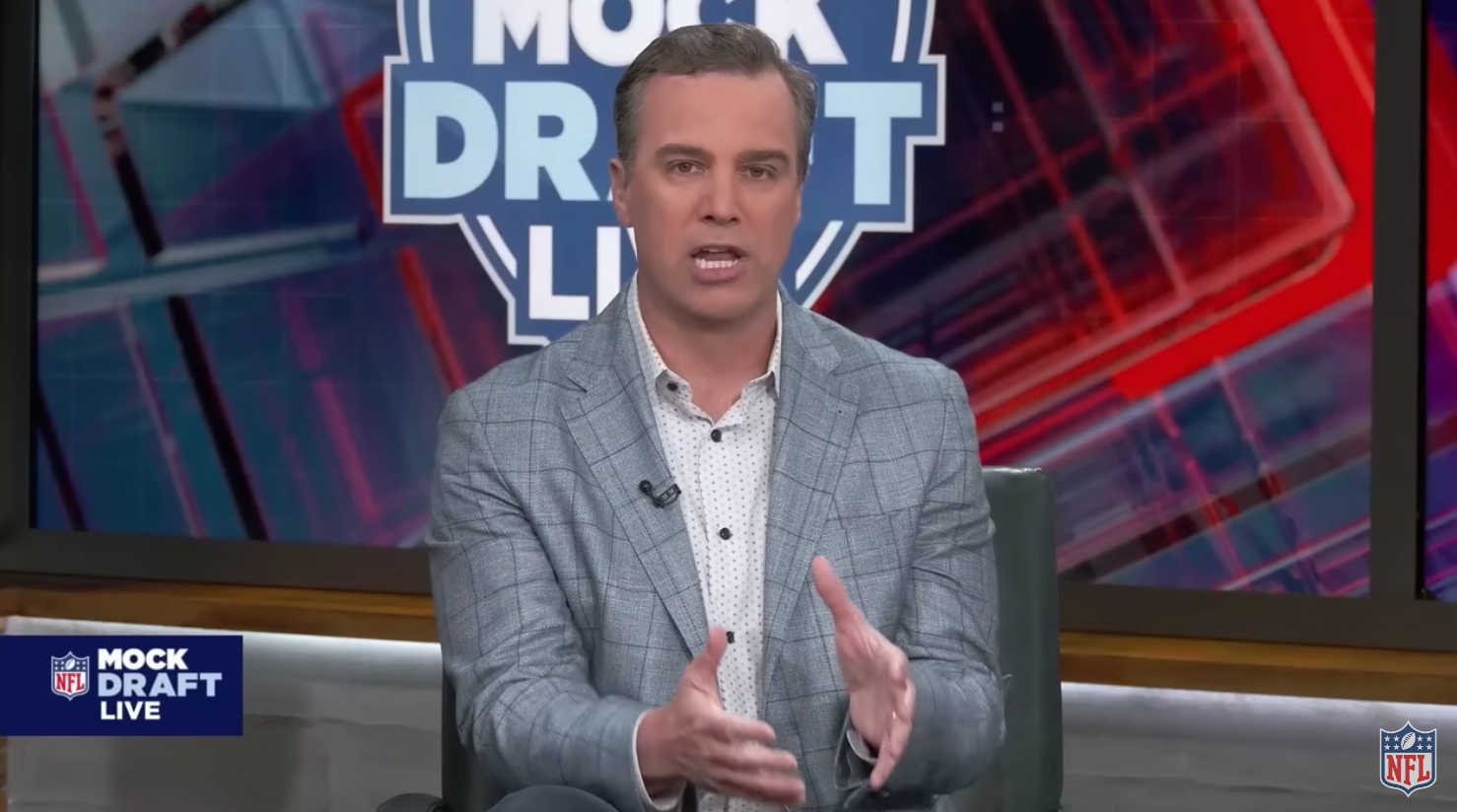Last week ESPN’s Jalen Rose sat down with Memphis Grizzlies star Ja Morant, who is currently mired in a scandal of his own making around multiple firearm-related incidents and a growing sense that he his off-court actions were impacting what was happening on the court.
Rose likely landed the interview after sharing a personal message in which he compared his own youthful indiscretions in the NBA with the situation Morant now finds himself in. “I’ve been that young player carrying a gun,” Rose said at the time, in reference to the Grizzlies player posting a video of himself on Instagram Live holding a gun in a Denver nightclub earlier this month.
During their sit-down, Morant expressed contrition for the situation that he’d put himself and his teammates in.
“I realize what I have to lose, and for us as a group, what we have to lose,” Morant told Rose. “It’s pretty much just that: being more responsible, more smarter and staying away from all the bad decisions.”
Rose and Stephen A. Smith appreciated Morant’s candor, and Mike Greenberg praised Rose as the only person capable of handling that interview.
Not everyone felt like the interview truly showed that Morant was remorseful. “I gotta hear more than the expression of contrition,” ESPN’s Michael Wilbon said afterward.
Dan Le Batard took things a step further on Thursday, saying during his show that he thought the interview did nothing but serve ESPN and was a case study of what’s wrong with a lot of major interview opportunities these days.
“What little I saw made me wince, of the Jalen Rose-Ja Morant interview. Made me wince for a number of different reasons,” Le Batard said on Thursday. “Ja Morant seems a little bit ill-equipped to handle this controversy and talk about things the way that the brands and the league might want him to talk about some of these things.”
While Le Batard was a fan of Rose’s initial response to the Morant situation but questioned whether or not Rose was the right person to handle this kind of interview.
“I do think there are dangers sometimes in having the athletes doing the journalism even though the athletes are the access point in how it is you get Ja Morant to sit down. So you take the dilution of a softer interview because an athlete isn’t taught how to do a journalistic interview.
“What I saw was soft and didn’t seem to serve anybody except ESPN, which was televising the Cavs-Sixers game and an exclusive interview with Ja Morant, who hasn’t talked to anybody after his controversy, is going to get eyeballs, so it doesn’t matter how good it actually is. All you need, if you’re the media partner, is ‘please get me the famous guy to sit down so I can say we got the famous guy sitting down’ and it’s sorta the illusion of access.
“This seems to be a lot of people around the economy of basketball and Ja Morant orchestrating an interview so Ja Morant can move onto the next stage of his branding.”
Le Batard also lumped in Pat McAfee’s interview last week with Aaron Rodgers, in which the mercurial quarterback officially announced his preference to play for the New York Jets next season. Le Batard used it to solidify his point that it doesn’t really matter if the interviewer does a good job or pushes the subject, so long as the person being interviewed gives a good soundbite.
“Does anybody in the audience, in sports fandom, or even, at this point, in sports media companies, care in a real and legitimate way whether the interview is done well or not?” asked Le Batard.
With the rise of podcasts and YouTube shows, former athletes commanding exclusive interviews, alternative options like McAfee, and an internet ecosystem that runs on hot takes, it’s a fair question to ask.
[Dan Le Batard, Barrett Sports Media]







